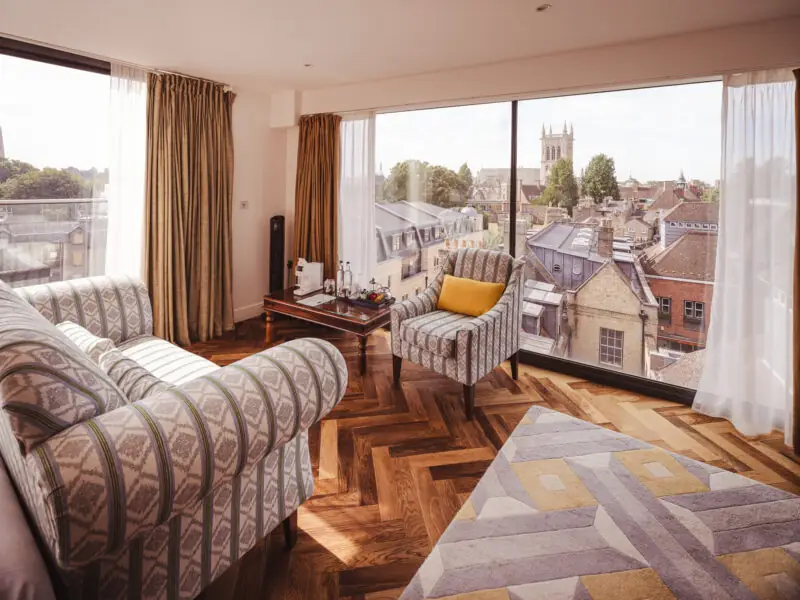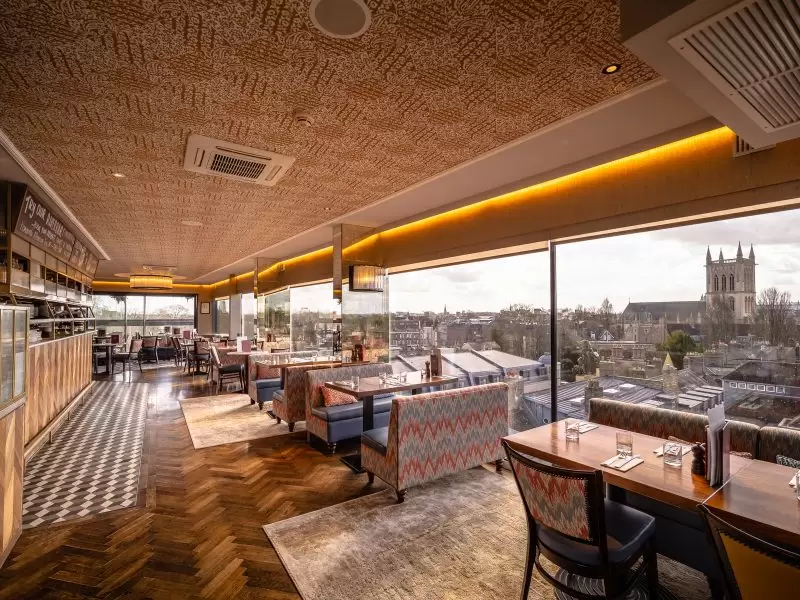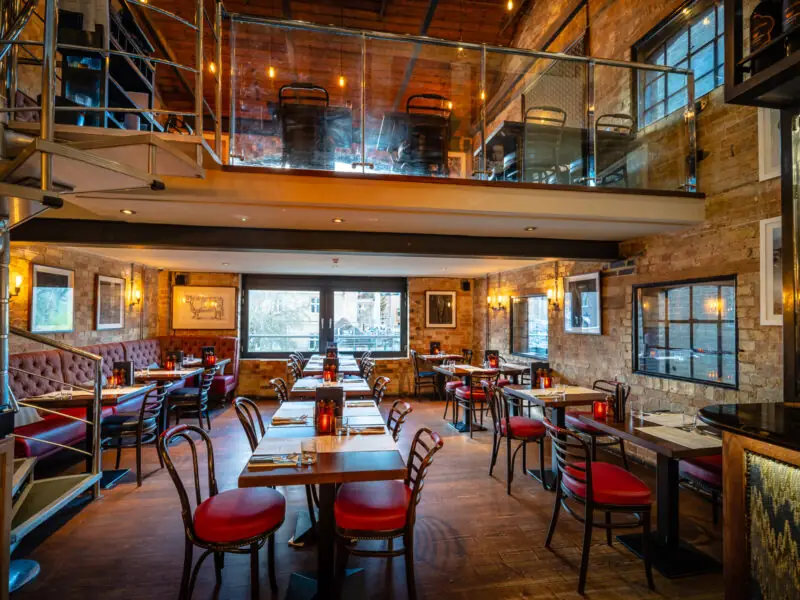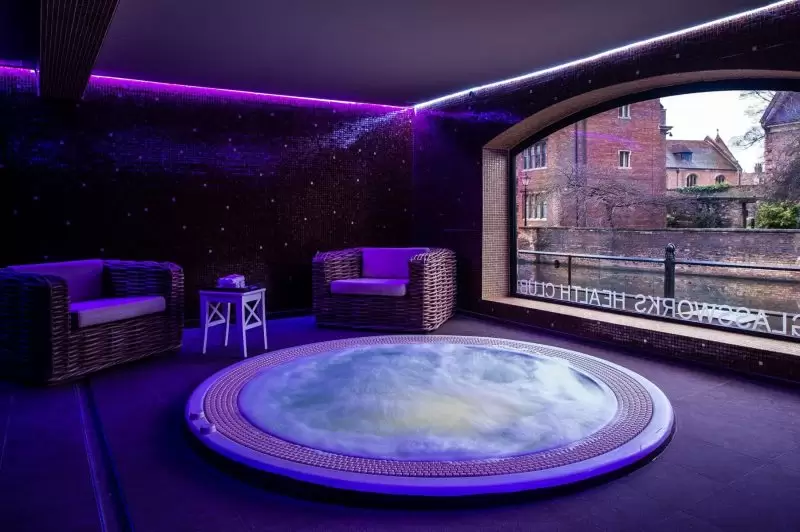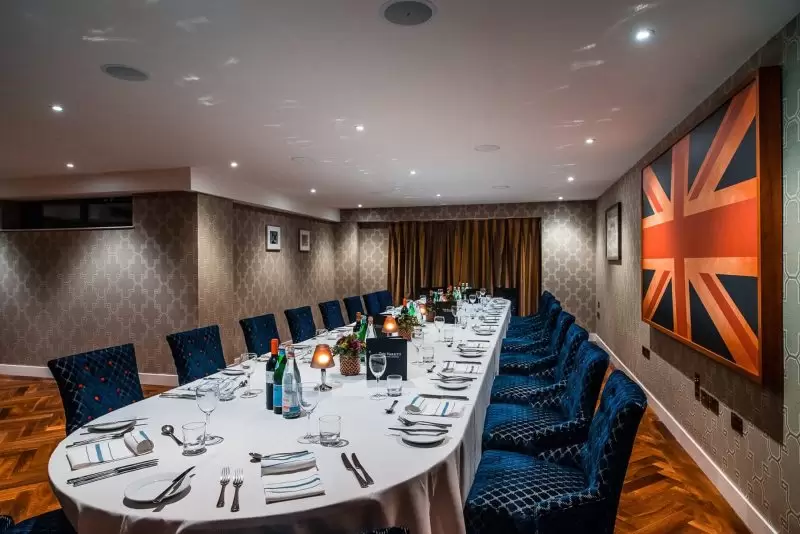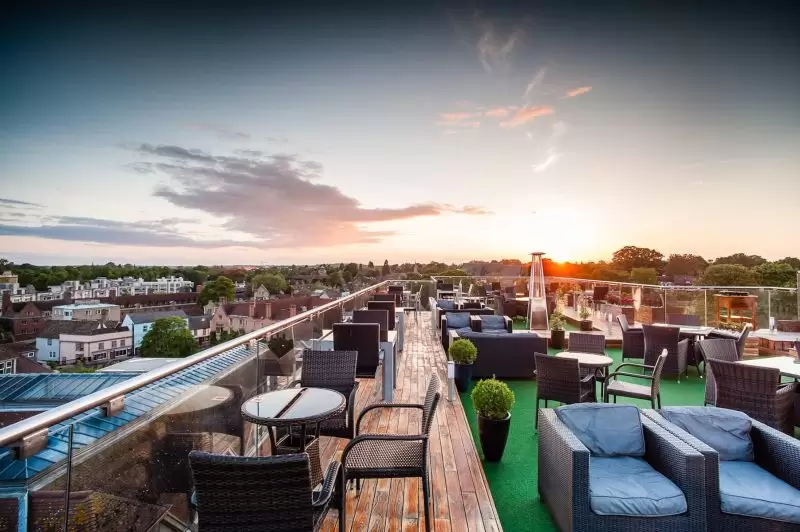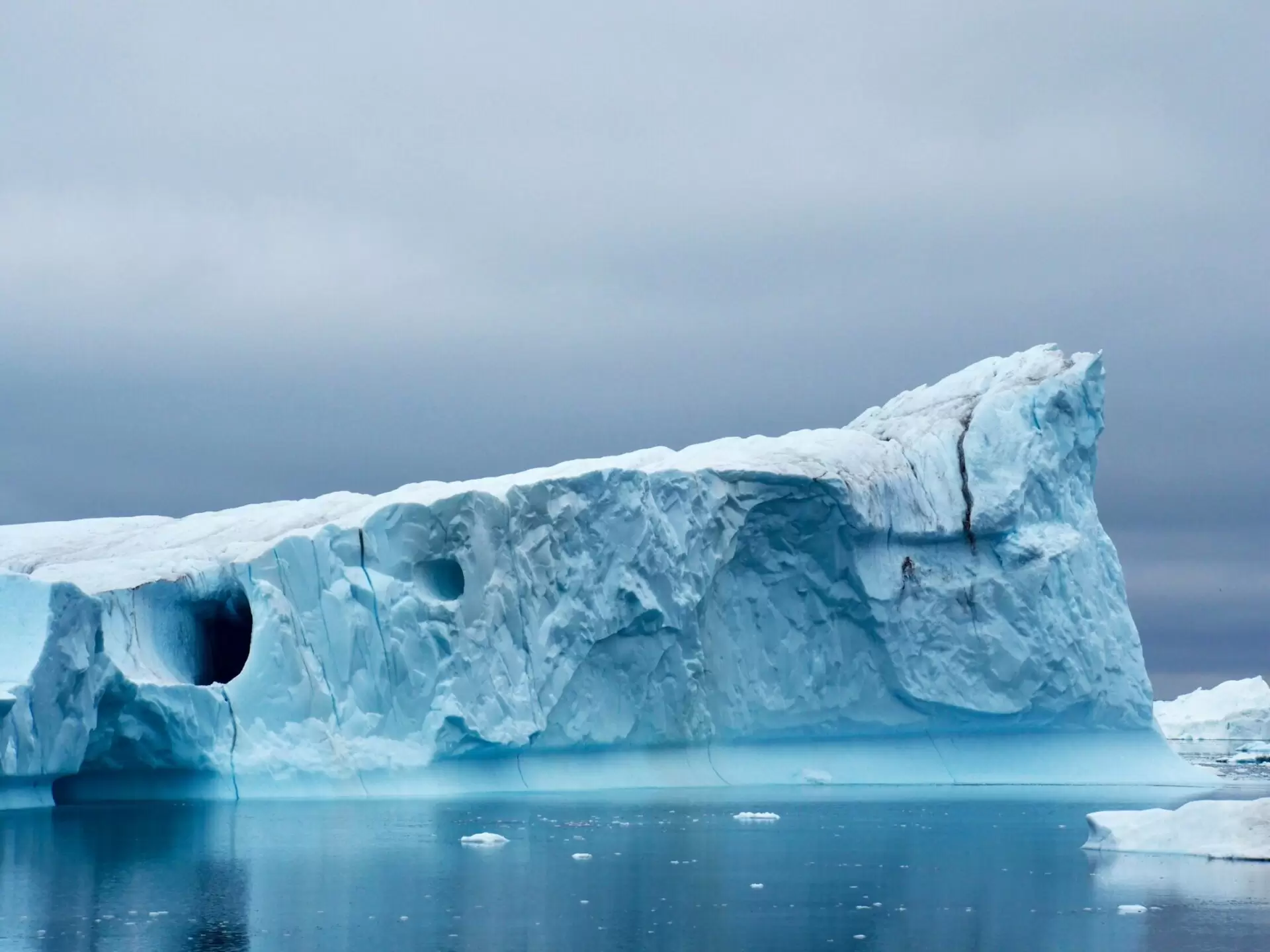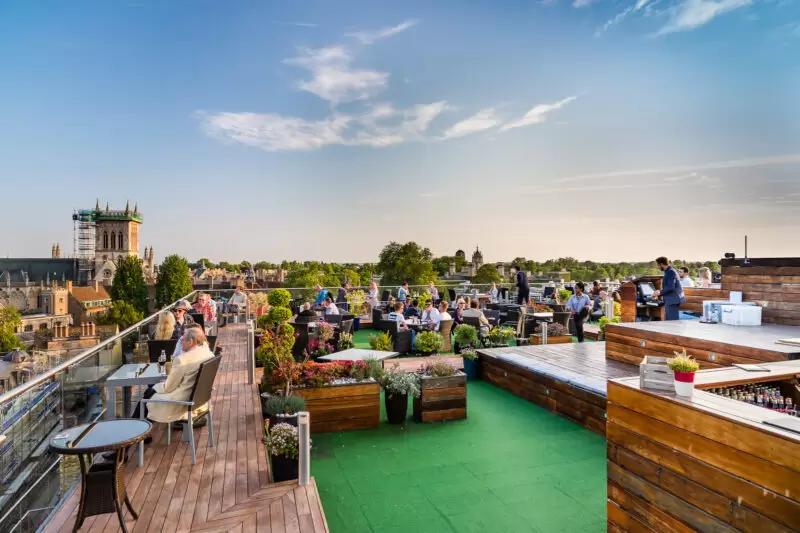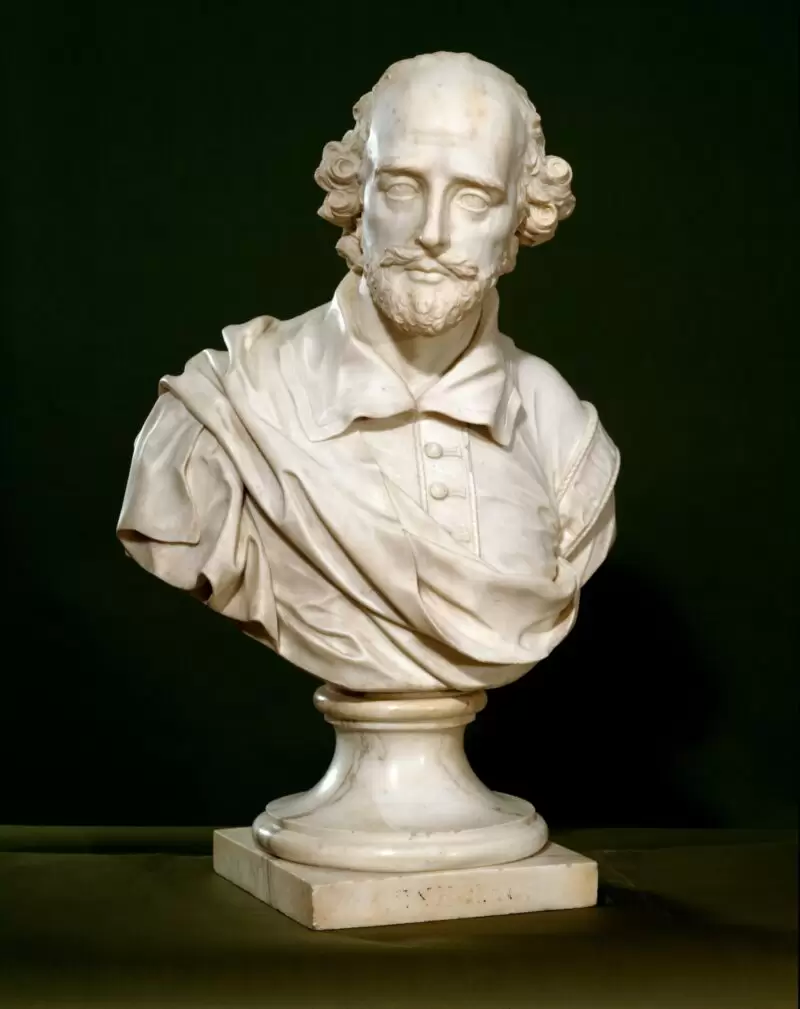At this time of year, most of us have had quite enough of the cold, thank you very much. Yet Cambridge is home to a number of hidden gems or less well known museums which are very much worth a look. And one of them in particular focusses on studying the sort of cold that makes a British winter seem positively Mediterranean by comparison. We at the Varsity Hotel Cambridge are more than happy to provide a warm home base for the exploration of such gems.
The Frozen Frontier
The Polar regions of our planet were among the very last places to be explored. And for good reason. They’re both extremely cold, spend a good portion of the year in perpetual darkness, and are covered in ice. Plus they contain no natural resources humans might value until the relatively recent past.

Which means that the final journeys of discovery were very late. Antarctica was only first sighted by European explorers in 1820 – centuries after other isolated parts of the world. And the journeys of exploration to the south pole itself at the heart of the continent didn’t happen until the early 20th century.
So, unlike say the charting of sea routes to Asia or the New World, there were no commercial interests involved in these last great journeys of exploration. They were instead undertaken for scientific curiosity, and the simple challenge the frozen wilderness presented.
As is well known, two expeditions to the South Pole were launched in 1911. The Norwegian explorer Roald Amundsen made it to the South Pole first and made it back again safely. The British explorer Robert Scott arrived at the South Pole later, but were not so fortunate on the return trip. When their bodies were found a few months later, Scott’s last journal entry wrote:
“For God’s sake look after our people.”
The Scott Polar Research Institute
Few things stir the imagination of the British public than glorious failure. And with their donations, Scott’s dreams were maintained. In 1920, barely eight years after Scott’s death, the Scott Polar Research Institute was founded in Cambridge.
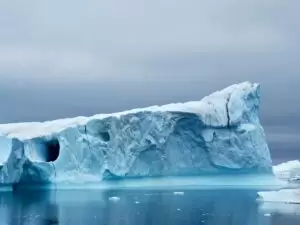
There are several factors that make this Institute special and different. The first is that it covers all matters of scientific study regarding the polar regions. Not just geology, taking ice
cores and tracking the extent of polar ice cover. But also anthropology concerning the peoples who have lived within the Arctic or Antarctic circles.
This makes the Scott Polar Research Institute and its museums a cross-disciplinary endeavour which remains quite rare. It remains both an active research centre, yet has at its core the goal of spreading knowledge of the Polar regions to the wider public. As such it is perhaps unique in the world, and yet another lesser known reason to visit Cambridge. And it is just a short, warm taxi ride from the Varsity Hotel.
